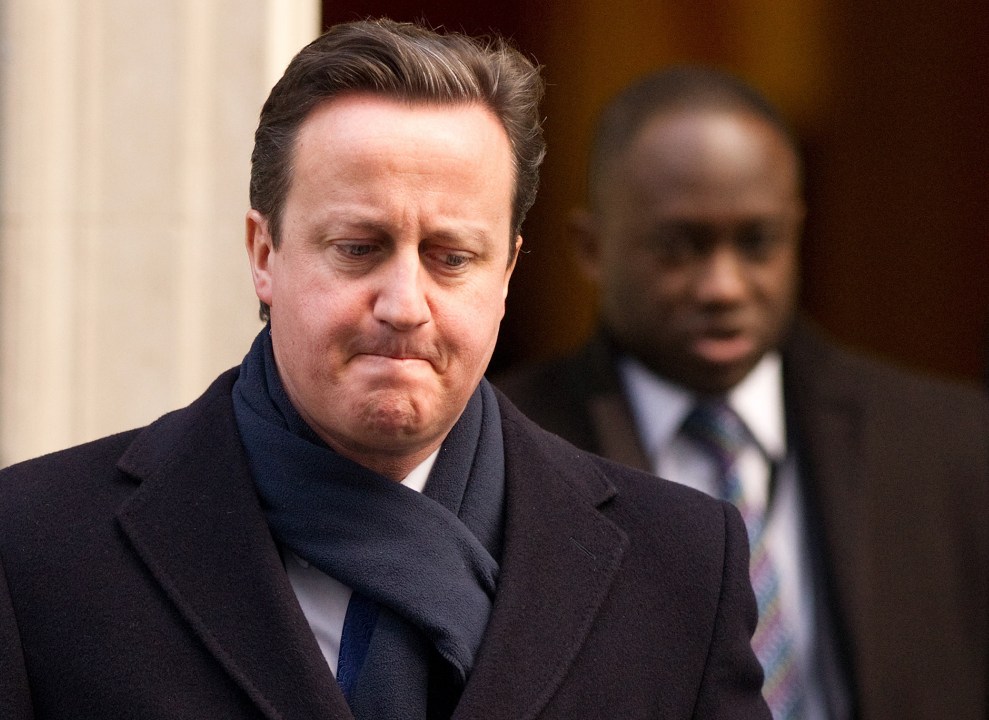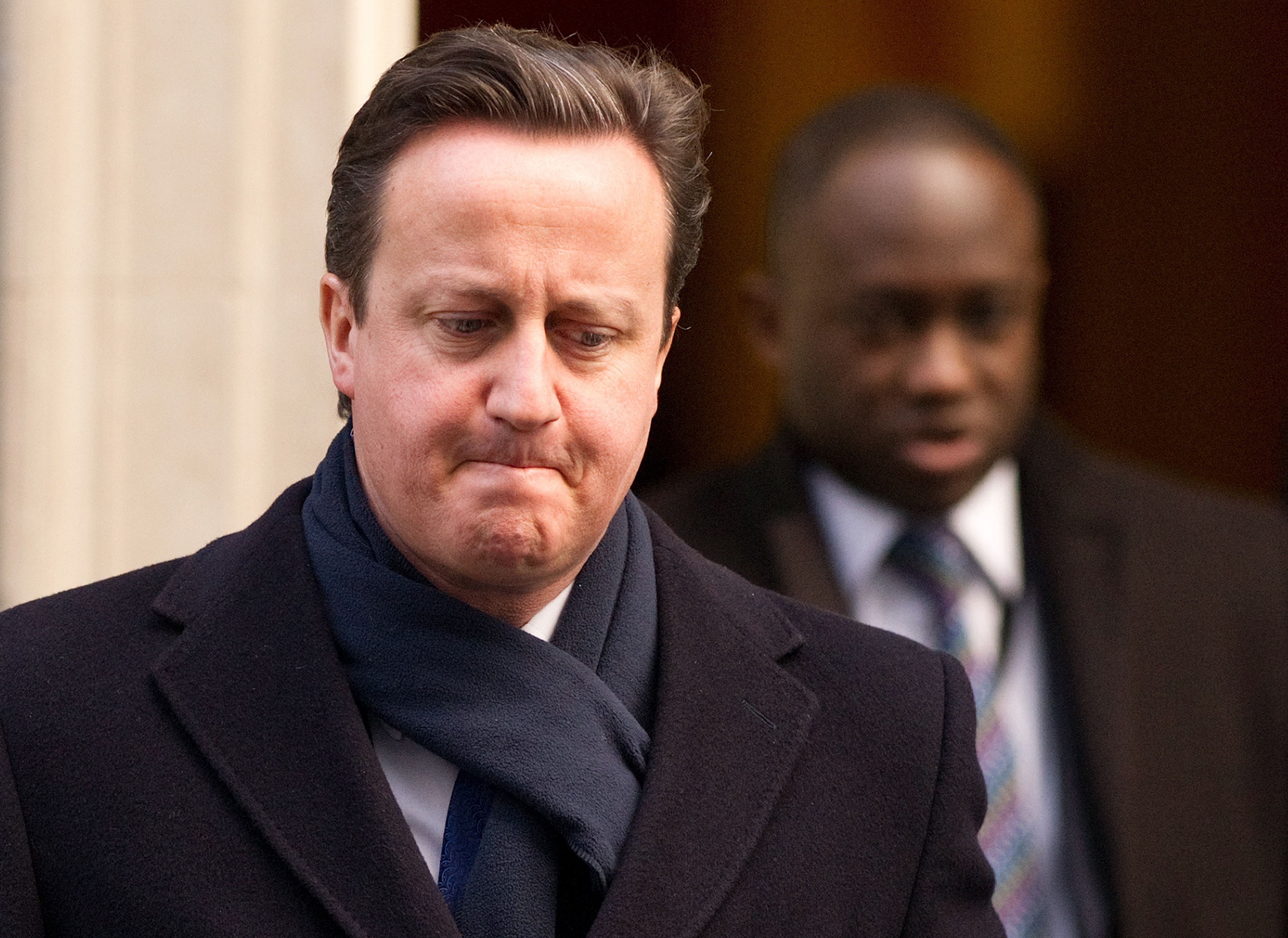How much does it cost to change a light bulb? Three hundred quid, said David Cameron at PMQs today. Ed Miliband came to the House eager to pile more pressure on the PM and his unloved NHS restructuring plan. Cameron fought back by citing the health bungles Labour presided over while in office. Billions wasted on kaput computers. Hundreds of millions blown on phantom operations. And dead light bulbs that cost more to replace than a week’s holiday in Spain.
Cameron’s tactics were better than in previous weeks. Rather than citing some lone wolf medic who supports his reforms he gave us a surprise announcement, albeit unsourced. ‘Ninety-five per cent of the country’s GPs,’ he claimed, ‘are not just supporting the Coalition’s reforms but implementing them.’ He backed this up with a useful ‘turncoat quote’ from former Blair babe Anne Campbell, who endorses his changes. ‘That’s what happens,’ he declared, ‘when Labour MPs leave this house. They start implementing Coalition policy.’
Miliband proved once again that he thinks as quickly on his feet as a drunkard does on his hands and knees. ‘Even the Prime Minister doesn’t believe that nonsense he came out with,’ he said. This hadn’t the slightest connection with anything Cameron had just said. Undeterred, Miliband pressed on with his pre-fabricated attack. Health professionals hate the reforms, he told us. The NHS is being irreparably damaged, dragged backwards and placed in mortal jeopardy. And so on. In reply we got the usual checklist of Dave’s NHS faves.
He told us that personal experience has rendered the Health Service sacred. He plans to boost the budget even though Labour has called the rise ‘irresponsible’. And he’s implementing reforms which even the Labour manifesto claimed were necessary. ‘Bunch of opportunists,’ he called Miliband’s party. But it was all perfectly perfunctory. Cameron’s attitude has changed.
He no longer expects to win the NHS bout. A draw will do. He’s spotted a strange weakness in Ed Miliband. The Labour leader is more interested in being right than in being victorious. A mood of frozen superiority defines his approach. He has no strategy for converting decent arguments into indecent blows that strike below the belt and hurt. Today his tone seemed effortful and complacent. He was more like a retired general retelling past triumphs to a snoozing mess-table than an eager young colonel inspiring his frontline troops with impassioned talk of future victories while jogging on the spot or dropping to the floor to dash off 20 press-ups. So Cameron embraced the stalemate. As soon as Miliband mentioned the NHS, he backed against the ropes, put up his guard, and absorbed the frantic pummellings of his opponent.
At the same time he was looking for any chance to change the subject. And Miliband duly obliged by dishing out some mockery to Andrew Lansley, seated on the front bench, who had been the subject of assassination rumours earlier. ‘That’s why his aides are saying the Health Secretary should be taken out and shot,’ joked Miliband.
Cameron had only to compare Lansley’s woes with ‘family squabbles in the Labour party’ for the Tories to collapse in fits of delirious laughter. This took much of the oomph out of Miliband’s attack.
Labour’s backbenchers helped as well. Helped the Tories that is. Even the casual observer knows that, while Cameron’s heart beats passionately for the NHS, it beats even more passionately for the NHS in Wales. The Labour-led administration in Cardiff has been slashing the health budget like a gang of crazed Thatcherites while perpetuating inefficiencies and turning the waiting-list cock-up into an art form.
Sure enough Labour’s former Welsh Secretary, Alun Michael, decided to hand the Prime Minister a golden feed-line on health. ‘The service needs to be improved but not changed so will he drop the bill?’ he urged in that pleasantly ineffectual way he has. Cameron didn’t drop the bill. He grabbed the ball. ‘We’ve seen four hundred million cut from the budget in Wales!’ he gloated. ‘And a third of all patients waiting 18 weeks for treatment. That’s Labour for you: no money and no reform.’
He might have added: no appetite for victory and no co-ordination.








Comments